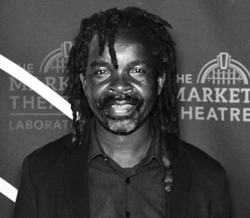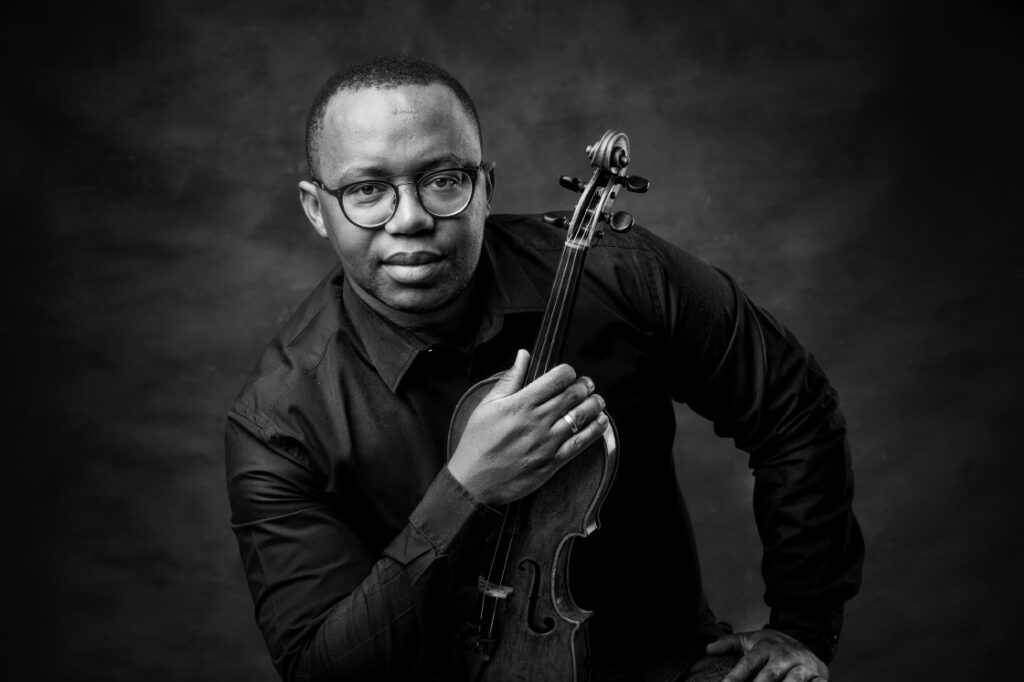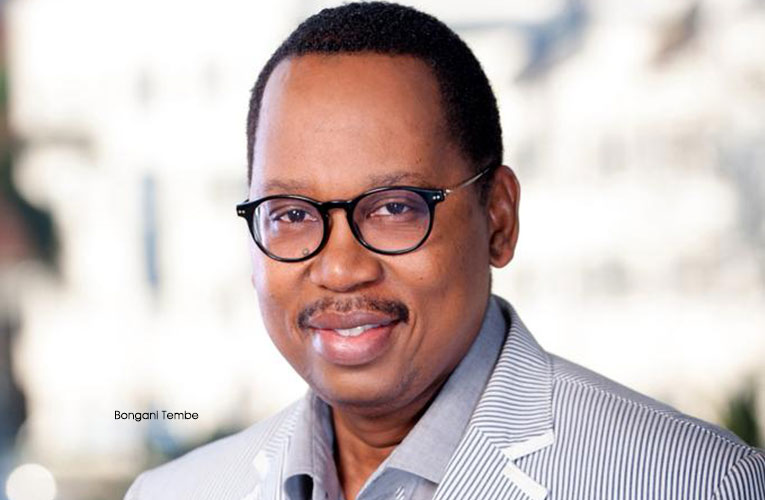The Mzansi National Philharmonic Orchestra debate rages on
By Edward Tsumele, CITYLIFE/ARTS Editor

Many in the arts have watched developments surrounding the announcement of the arrival of the Mzansi National Philharmonic Orchestra with both interest and curiosity. Curiosity because what else will this orchestra bring on the classical music terrain that is not already being done by the existing regional orchestras, and interest because If done properly it has the potential to transform the classical music sector, especially because whether you like it or not, accessibility to this art form is exclusive.
Costing over R30 million a year to run, and over two thirds of it, according to those behind the orchestra, expected to come from the public purse, coming from the Department of Sport, Arts and Culture (DSAC), the public has every right to be interested in the matter. After all they will be the ones paying for it through their taxes.
And yes many of us have known that the idea of a National Orchestra paid for by the public has been part of the consultation process with the creative sector as part of the revision of the 1996 White Paper, a process that has taken too long to accomplish, and whose results are being introduced in a piecemeal fashion, even though Cabinet and Parliamentary processes have long been concluded. And to be honest, many people in the creative sector and in general, in principle do not have, or rather should not have an issue with an entity whose publicly stated mission is to do the following:
“Mzansi NPO seeks to create an impact through the use of music as a medium facilitator for building inclusivity, social cohesion, and social dialogue. This will be achieved by:
Providing enrichment and community engagement programmes
Promoting the development of orchestral music and other genres of music,
particularly indigenous music
Finding, mentoring, training and supporting young and talented musicians
Promoting the teaching, knowledge and appreciation of music
Encouraging composers of music and promoting music which reflects South
Africa's heritage
Supporting the national brand around the world by presenting events which
increase the global profile of South Africa and its talent
Contributing to tourism and the growth of the creative economy.”
These are indeed noble objectives and anyone with a clear understanding of this terrain of classical music will not have an issue.
And besides the people who are starting to emerge as the leaders of the orchestra are people who have paid their dues in this art form under difficult conditions and their aesthetic pedigree in the art form is not something one can simply dismiss. For example Bongani Tembe is a well-known leader in this art form, and so is Samson Diamond, a product of Buskaid, who is now an academic at the University of Free State where he is also a leader of an orchestra attached to the university.

The problem though seems to be the fact that the existence of this new orchestra seems not to have been thought out well, especially in the context of the existence of other orchestras in the country, which for years have carried the day for this classical music art form.
Introducing a new orchestra without taking into consideration the potential impact such a decision would have on the existence of these orchestra was bound to be a controversial move.
For example, listening to Rosemary Nalden, the founder of what is probably the most impactful orchestra in Post Apartheid South Africa, when it comes to transformation, share her scepticism about the viability of this orchestra on Sunday, at Linder Auditorium in Parktown, it sort of made sense why many are not buying into this idea unconditionally.
After the first break, and just before the final session of Buskaid’s 25th anniversary performance, Nalden bemoaned the fact that even though in every respect, Buskaid Soweto String Ensemble has proved to be not just a pioneer when it comes to transformation in the classical music arena for the past 25 years, but is today the epitome of what young black people from the township are capable of achieving, If well trained and given an opportunity, they were not consulted at all by the powers that be.
And these are genuine concerns that just cannot be simply dismissed as empty howling by a privileged elite group in the classical music sector. The Buskaid Soweto String Ensemble are the real thing when it comes to transformation in the classical music sector in the country. The fruits of their effort are there. So far they have represented the country well internationally, having performed in 26 countries, and in any case whatever transformation effort the planned National Orchestra will achieve will almost certainly be a path long travelled by Buskaid. And so, when and If someone like Nalden speaks out on this issue, it is important to stand back and listen.
CITYLIFE/AERTS on July 18, 2022, requested an interview with the people at the helm of this new orchestra, to try and get some clarity on the sticking issue the industry has with the new orchestra, as well as giving the new orchestra an opportunity to state their case after a barrage of criticism and resistance they have faced so far since the news broke out.
We got the following response from management through the NPO’s public relations company, basically referring us back to a media statement they had sent us earlier.
“Thank you for the interview request. Unfortunately, the interview cannot be scheduled. Should any of the spokespeople become available, I will advise accordingly. Please see the attached press release which was issued at the press briefing last week for your consideration.”










